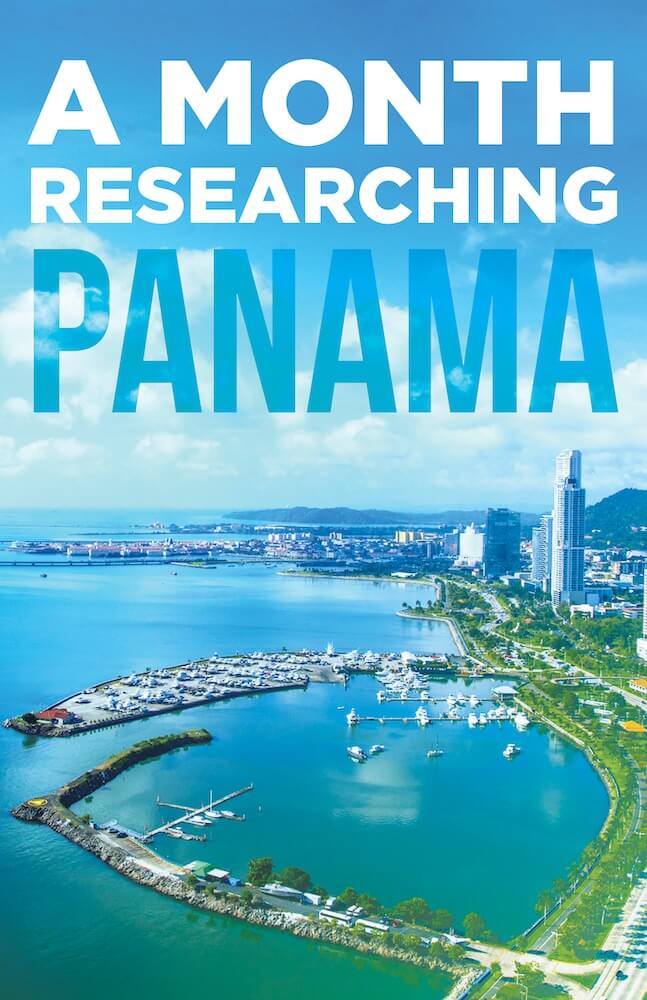I meet a lot of people who are considering a move to Panama. People respond to my blogs, I lead tours for people considering a move and somehow people looking for help finding the right home here ferret me out. I’ve worked hard to build a strong reputation as someone who will give the truest answer, even if it means missing out on a sale.
Panama is a lovely, exciting, growing, sophisticated but young, urban and rural, gawky and yet a smooth developing metropolis. Panama is a teenager holding a balloon that fits the famous Dr. Seuss line: “Oh, the places you’ll go!”
But, Panama is certainly not perfect and being a teenager, it can make you crazy, so when an individual or a family tell me they are ready to move, I start to ask questions. I have several standard ones I would encourage everyone to think about before coming to find the perfect residence.
Do you like hot weather and rain?
If you don’t, Panama is not for you. The fact we have miles and miles of shoreline on both the Pacific and Atlantic oceans, beach areas provides wonderful breezes and stunning sunsets and sunrises, but it’s warm—like really warm much of the time. Panama is just a few degrees north of the equator. It’s hot, but there is plenty of air conditioner.
We don’t really have four seasons. It’s more like two seasons—rainy and then not so rainy. Panama invented rain, but you can elect to live within “the dry arch” which is a little dip in the coast line on the Pacific side and lined by the Bell Mountains, which enjoys moderate rainfall. Think of the beautiful absolute beach-front condominiums in Neuva Gorgina, Royal Palms.
There is plenty of rain in Panama and it is hot!
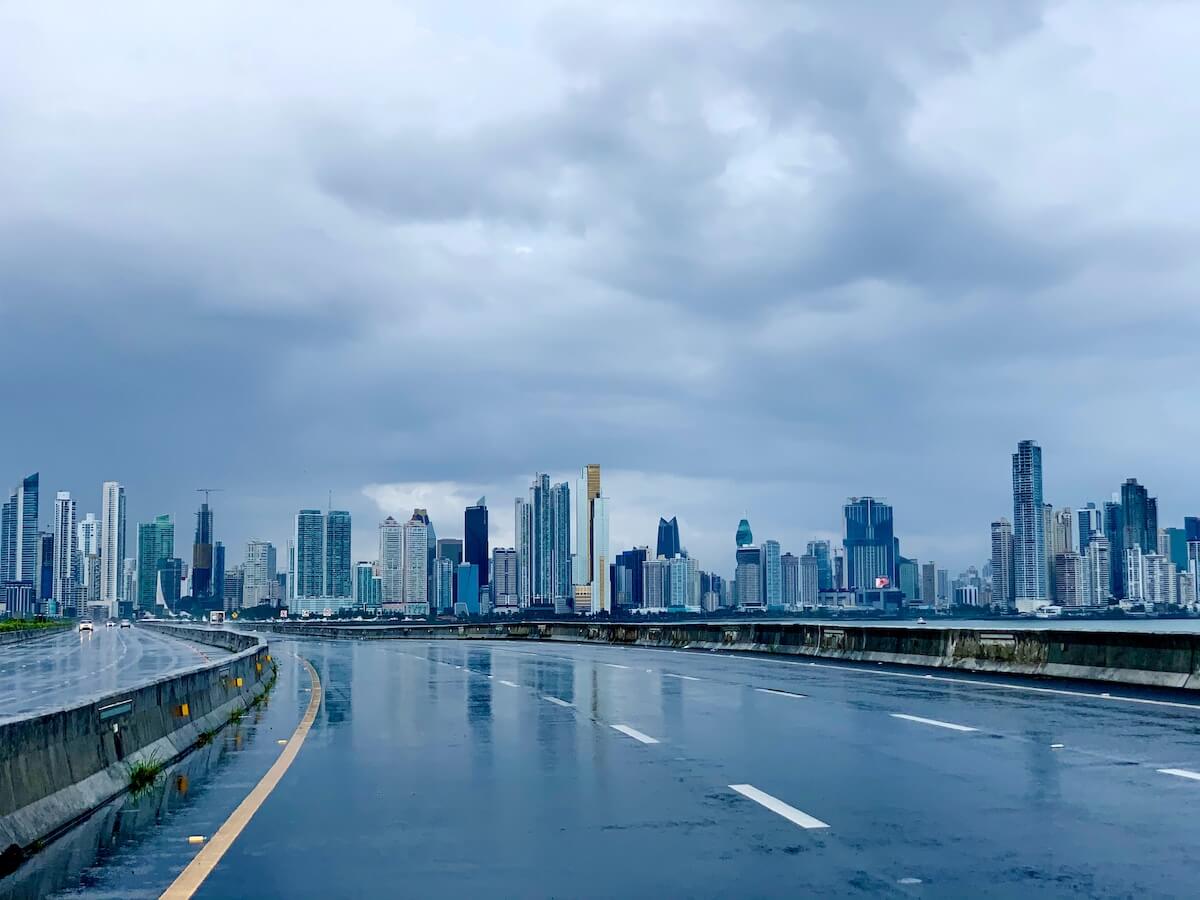
Why are you moving?
Lots of people will tell me how important family and friends are and I am quick to point out that most people won’t actually come to visit. Know that if you make the move, visiting will be on your shoulders. Panama is very accessible to most North American cities and it is on the eastern time zone, so it’s easy to go back and forth. Most likely you’ll need to make new friends for everyday sociability. Panama is loaded with expats who have a wide variety of interests so identifying people you enjoy shouldn’t be a problem.

Will you want to work?
Panama has strict rules governing who can work in Panama. If you are starting a business you will need to hire nine Panamanians for every one non-Panamanian you have on the payroll and that includes you. Most expats who work in Panama, work via the internet. I know of several individuals who manage rental properties via their phone and a good number more do various types of writing from their condos overlooking the ocean.
The internet is good in Panama City as well as some outlying areas such as Coronado and Nueva Gorgona. If you can run your business from anywhere, Panama is a perfect location for an inexpensive set-up. One expat told me she was selling children’s clothes via her website that appeared to be located in Boston. Her biggest enjoyment was being able to meet the boats, at the fish co-op, coming in from a night of fishing. “I love buying corvina for a few dollars a pound when it’s being sold in the states at Whole Foods for $29.99 a pound and it’s fresher here.”
Will you be comfortable in a Spanish speaking country?
Many people who consider moving to Panama have been told English is widely spoken and in many situations that is correct, but Panama is a Spanish speaking country. You will be frustrated when attempting to set up your internet account or pay utility bills if you have little or no ability to speak Spanish. Ordering at many restaurants will require a lot of pointing and gesturing and finding just the right tool needed to fix a leaky faucet will require patience.
The current government in Panama knows English is the language of business and there is a big push to train teachers and in turn, students in being fluent in English, but it is going to take a while for English to be widely spoken even in Panama City. In areas, such as Costa del Estes, where many multi-national companies are located, English is spoken as often as Spanish.
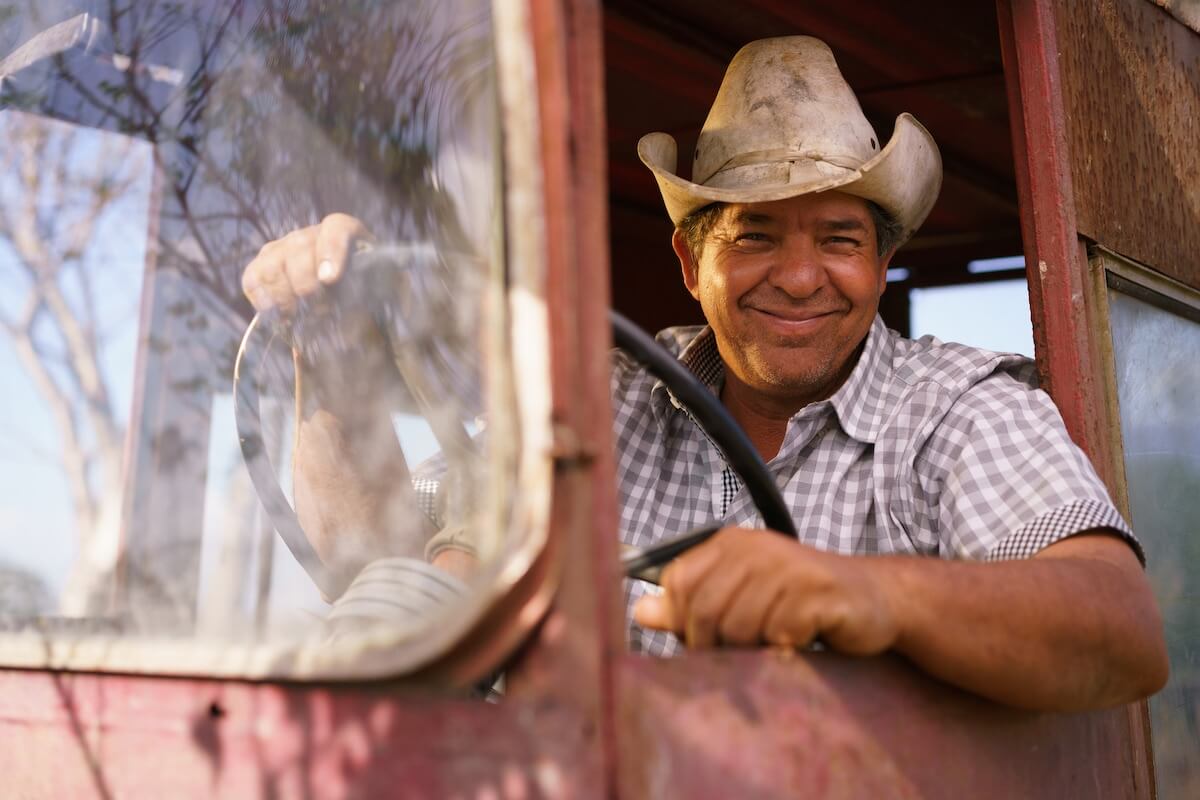
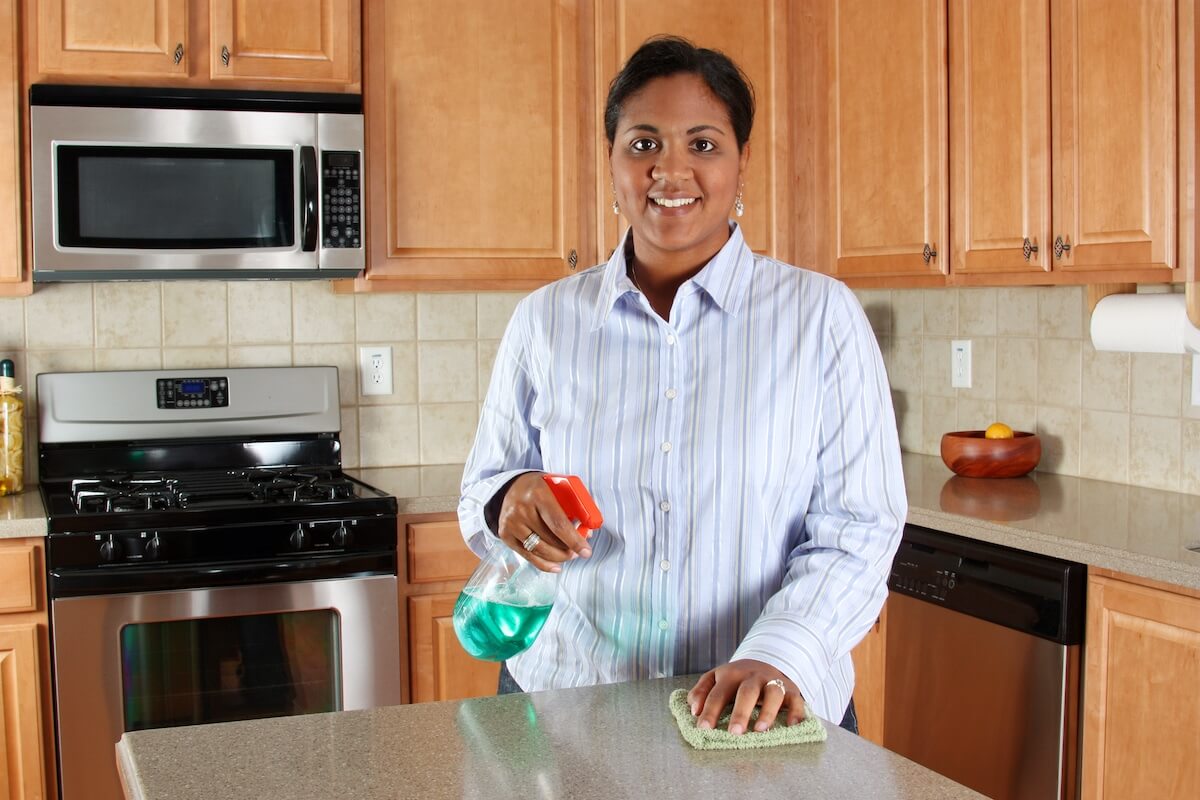
Will you need domestic help?
Live-in domestic help is a new concept for Panama. Just about all of the new construction in Costa del Estes comes with a bedroom/bath combination area designed for live-in help, but that tends to be unique to a multi-national, upscale area. Because of the Friendly Nations Visas, many of the young professionals transferred to Panama, come with long-term live-in domestic help considered part of the family.
Unlike many European or Asian countries where there are government-sponsored programs for placing domestic help with families, there are none of those in Panama. An English speaking nanny or domestic worker will be difficult to find, but not impossible.
Household Panamanian help usually work on a per-hour basis without living in the home. Depending on the number of hours an individual is hired to work, the hourly rate can go from $3 to $7 per hour. The minimum rate for 48 hours, which is six days a week and normal in Panama, is $416 monthly in the Panama City region. The country is split into two zones, with the higher population areas such as Panama City and Colon, getting a slightly higher rate.
How you find help is mostly through referrals and will become easier once you have established yourself in the community. You will need to remember Panamanians love holidays and they often take advantage of the many national holidays which are free from work.
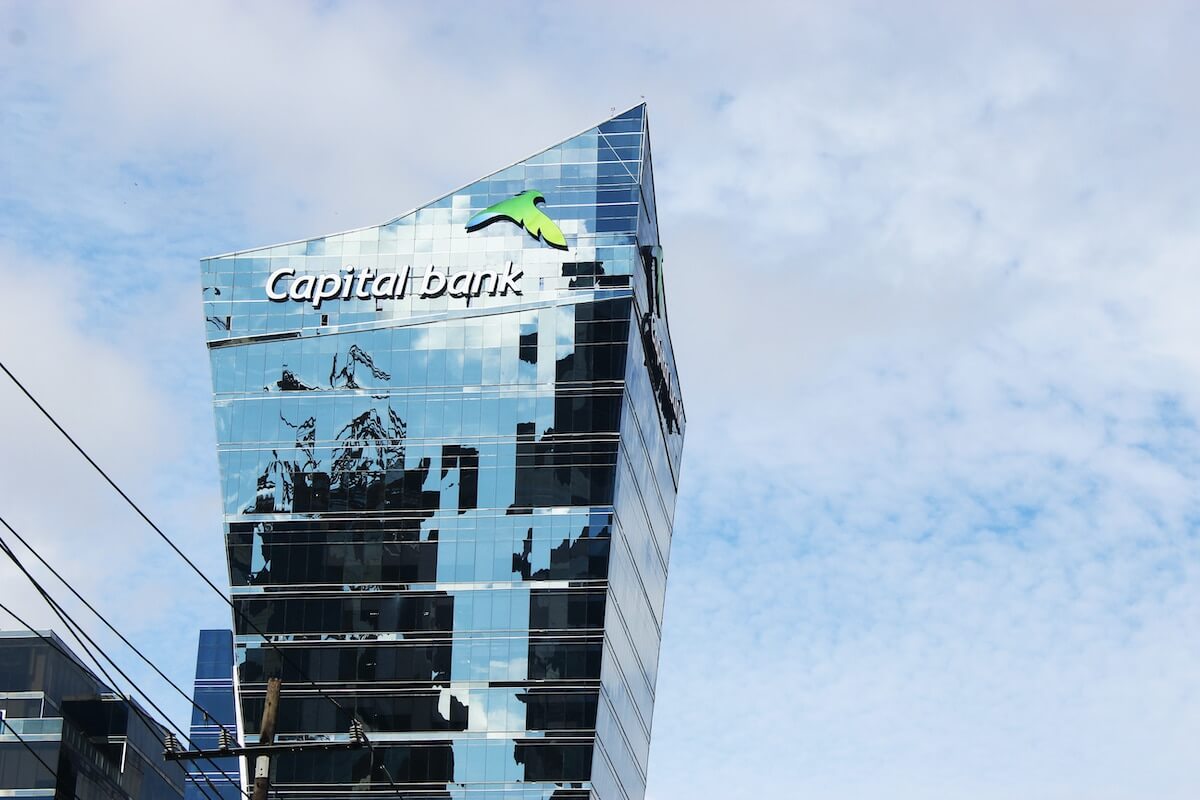
How will you manage your money?
Money housed in US banks is relatively easy to access through ATMs and credit cards. If you currently have a bank account where Social Security monthly payments are being deposited you can manage your money either through regular ATM withdrawals and working exclusively in cash or you can open a Panamanian bank account and simply write a check on your American bank and deposit it in your Panamanian account. There will be a bit of a time lag, but it can be done.
I always suggest setting up a Panamanian account, but it’s never as easy as opening an account in the States. You will be required to present more paperwork—such as official Social Security documents, utility accounts and other monetary accounts—but there are banks wiling to work with expats.
Coming to Panama with a credit card that allows for free international transactions will save you a great deal of money and pain, but you’ll need to tell the issuing bank to flag your card as being used in Panama or you’ll alert fraud alarms with every transfer.
What type of area are you seeking for your home?
Panama has just about any type of living situation from the most upscale residences in Panama City and Coste del Estes to completely living off the grid on a remote island close to Costa Rica. There are no swimming beach areas in Panama City proper, with the exception of the Casa Bonita complex that is a residence building just over the Bridge of the Americas. It’s only about 15 minutes from Panama City, but it enjoys a beach area that is part of two five-star resorts.
If you are thinking about living on a beach, there is no better place that Nueva Gorgona which is just 50 miles west of Panama City. There is an absolute beachfront complex called Royal Palm which is just now nearing completion and selling fast. The residential units overlook the Pacific Ocean and enjoy close proximity to the city of Coronado which has multiple grocery stores, restaurants, healthcare care providers and a hospital.
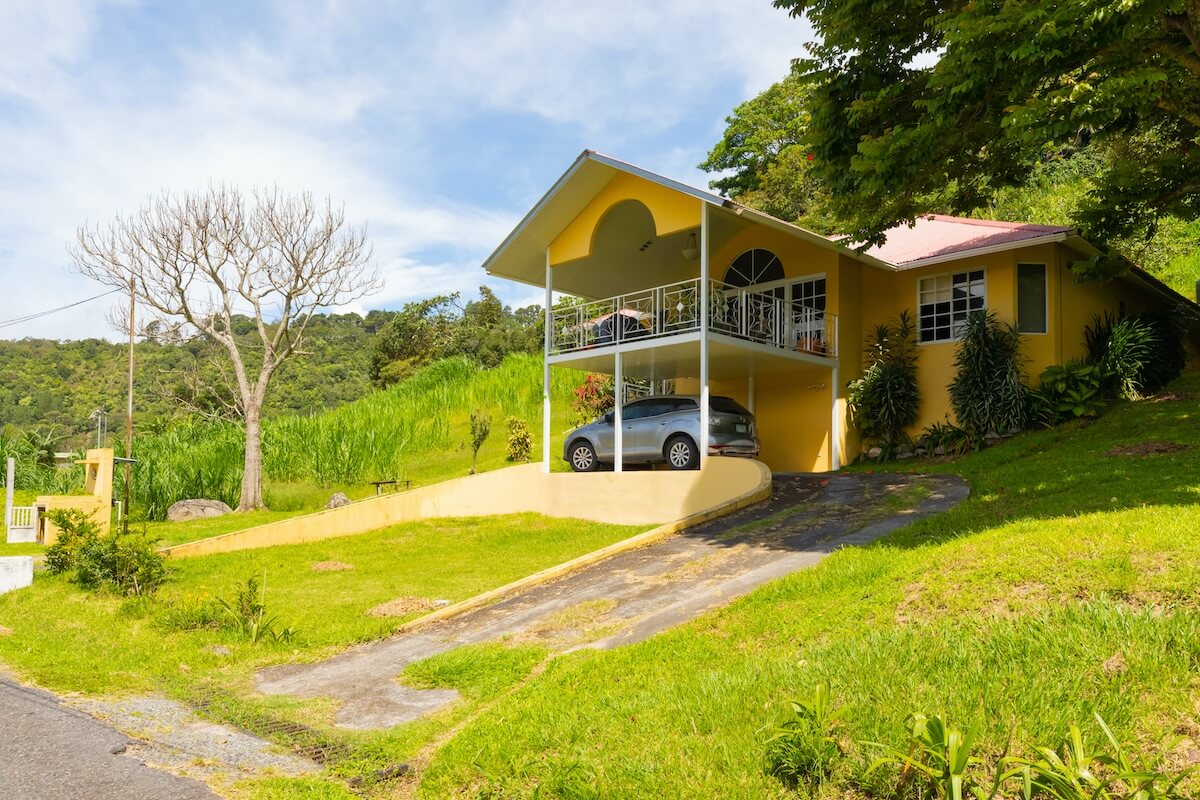
If you enjoy looking at the water, but not actually getting into the water, then you might want to consider Coste del Estes which is a new planned community built on reclaimed land taken during the construction and expansion of the Panama Canal. There are a number of wonderful residences, including the 30 story Parkside building, located on the Santa Maria Golf and Country Club. The units in Parkside provide all the amenities of city living with wonderful water views close to shops, the main highway arteries and the international airport.
Maybe you have been dreaming of retiring or living on a beach or in an urban environment, the wonderful thing about Panama is the fact this small country truly has it all. It’s just a matter of considering all the data points and finding the perfect spot for you individually.

What will you be doing for health care?
Medicare, the Canadian Health Care and many commercial health policies do not work in Panama so you will need to find other personal insurance for health care in Panama. Many expats try to keep one foot in their “home” country by returning for routine health care, but that has proven to leave people vulnerable. Even with the most careful planning, emergencies happen requiring immediate care.
Healthcare in Panama is much less expensive than most other countries, so emergency care may not bankrupt you, but it’s advisable to simply buy a policy that is accepted at any of the very fine hospitals located throughout the country. Just like the healthcare, insurance is also much less expensive and as you integrate into the Panamanian culture, you’ll be glad to have established options for healthcare needs.
Does safety concern you?
Panama is one of the safest countries on the planet according to the US State Department. There is crime certainly, but Panama City and other smaller cities such as Nueva Gorgona and Coronado, are rated much safer than most large cities in Canada or the United States. You’ll need to refrain from flashing expensive jewelry in certain sections of Panama, but generally you are safe to walk at night and enjoy everything the country has to offer. Panama doesn’t even have the drug traffic found in many other countries.
Are you comfortable with change?
If you are not comfortable with change, Panama might be a stretch for you. When you consider Panama gained their final independence when the US government handed over the keys to the Panama Canal in 1999, the country really is just a teenager. There are growing pains and because of Panama’s rapid development, things are often in a bit of flux. For example, it used to be common knowledge you could get your tourist visa renewed just by going over the border and staying a few days. As Panama develops, they now have a real policy that requires for visitors to have their papers in order.
I find a lot of expats from Canada and the United States expect a different level of customer service than what is often found in Panama. I try to tell people considering a move to Panama, they might want to chill a bit. People don’t always honor service appointments and they often times will start and then disappear for a bit. “Mañana” is a common phrase for much of life in Panama. It used to drive me nuts, but now I’m rather fond of the laid back attitude.
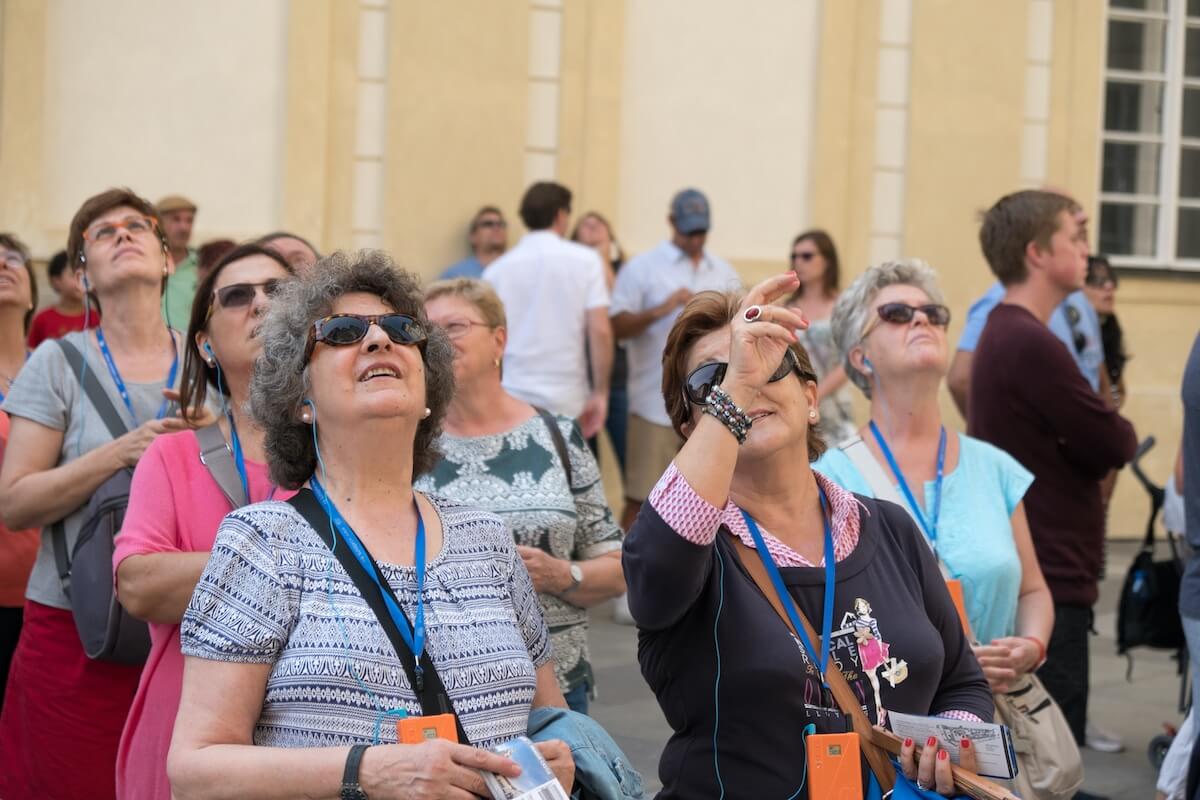
Are you planning on living in Panama full-time?
This is one of the biggest things to consider when you are considering a move to Panama. Some people sell everything and arrive ready to go “home” only for weddings and funerals. Others will rent for several years, staying three to six months at a time, before they decide to commit. Either way, or somewhere in between, is the correct answer, you just need to think about your comfort level and that of your family. Moving to another country is more demanding than most people realize. It takes a bit to fully settle into a new lifestyle. Having as much information as possible will help you consider the right approach for you.
Bottom line, my advice is to ask yourself the tough questions so your next move is the perfect one.

